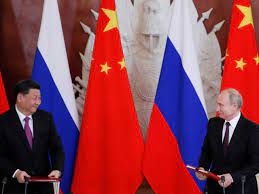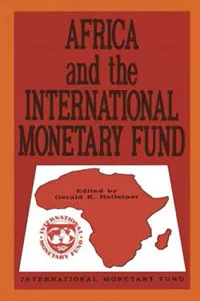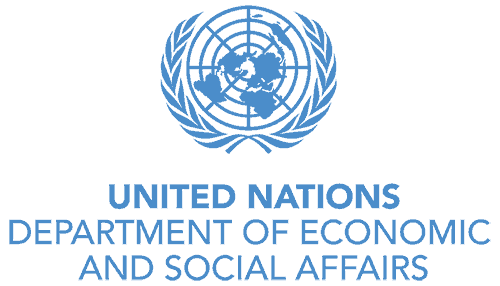Global attitudes toward China and Russia have shifted since the Kremlin’s invasion of Ukraine, but African countries’ discontent with the West has not translated into a desire for Beijing or Moscow to wield greater influence over the international order, the annual report of the Munich Security Conference has found.
Critics have accused African governments of failing to speak out against Russia’s aggression against Ukraine and of refusing to economically and diplomatically isolate the nation. But according to the 176-page report released by the Munich conference, an independent annual forum focused on international security, African countries’ attitudes toward China and Russia are changing as a result of Moscow’s invasion of its neighbor Ukraine. This was perhaps also reflected in 38 African countries condemning Russia’s war on Ukraine and 16 countries abstaining in a United Nations General Assembly vote in March 2022.
“There is confusion between internal interest and support,” explains David Otto, head of security and defense analysis for the Center for Africa Security and Security Studies. “African countries are now focusing more on their own interest rather than supporting China’s or Russia’s geopolitical strategy. Every country has to focus on interest. I think the difference here is that more African countries are becoming independent in the choices they make.”
The authors say African countries are overall dissatisfied with the global system led by Western countries but they are also opposed to Russia and China gaining greater influence in the international system, if only because most African countries do not want a world led by autocrats.



